Displaced Iraqis face uncertain future
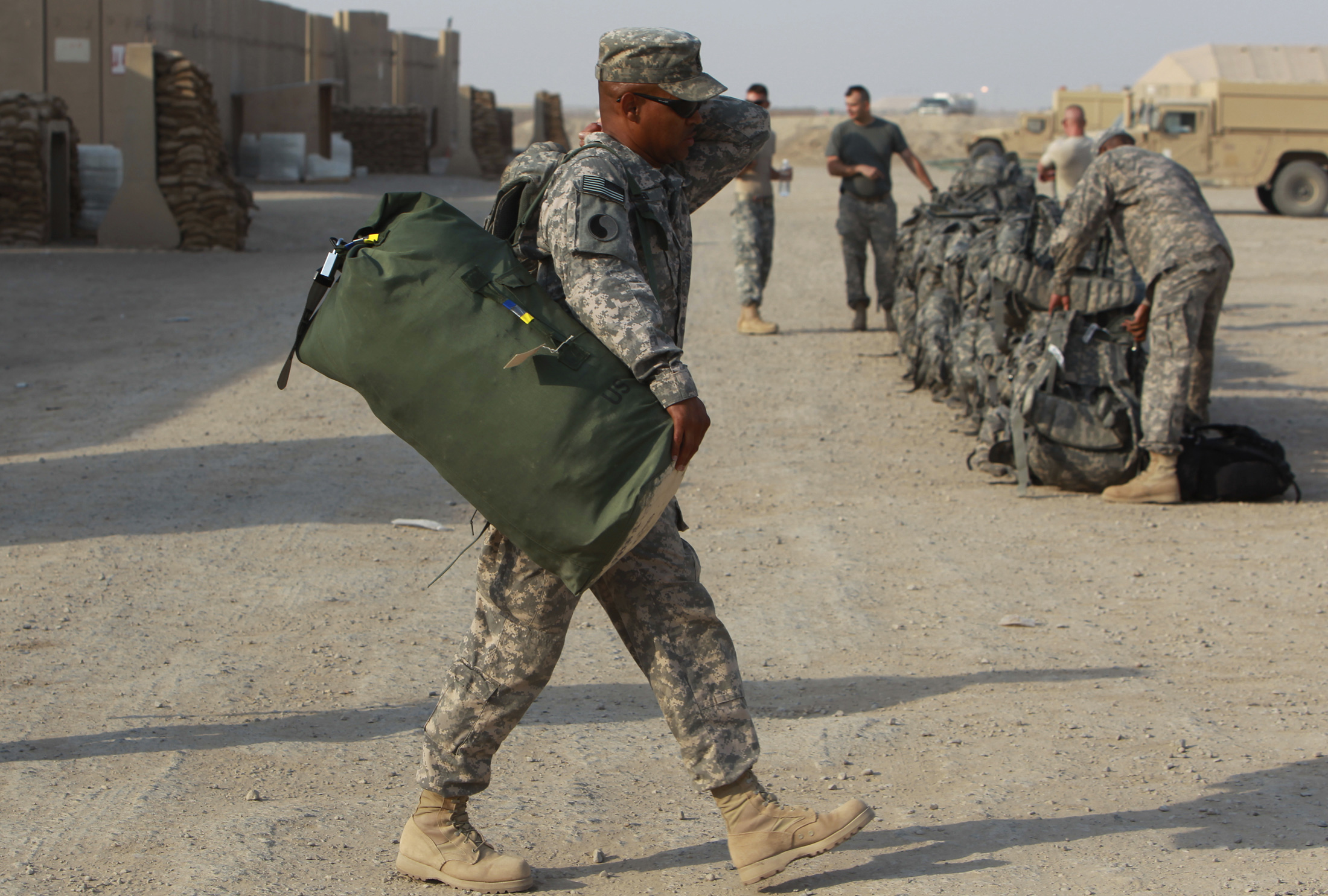
Five weeks after the official end of the United States combat mission in Iraq, the country still faces daunting challenges.
Swiss human-rights expert and United Nations’ representative for the human rights of internally displaced persons (IDPs) Walter Kälin, who has just spent a week in Iraq, tells swissinfo.ch about the issue with which he is most concerned.
According to the Iraqi government, about 1.5 million people have been displaced from their homes since 2006. It is estimated that about half a million people are still living in temporary accommodation in Baghdad and other Iraqi cities.
Kälin, who stands down from the UN on October 31, welcomes the positive signs he detected, but admits that the country’s transitional nature means firm promises are hard to come by.
swissinfo.ch: What is the situation in Iraq following the withdrawal of US forces?
Walter Kälin: The country is in a transitional phase – not only concerning security but also building the government. I had the feeling that everyone’s waiting to see what’s going to happen next.
That has direct consequences for the refugees in neighbouring countries and the IDPs within Iraq. The number of these people returning has fallen drastically since the elections in March.
swissinfo.ch: Before your visit, you called on the Iraqi authorities to end the displacement of people within the country. What specifically is the problem?
W.K.: It was not so much the displacement. After people were forced to flee the violence between religious communities in 2006, the government failed to organise any sort of assembly points – no camps, no collective accommodation.
That means that many poorer people squatted on land or in buildings that are publicly-owned. At least there they were slightly protected, but a moratorium on evicting them has been lifted.
I appealed for these people not to be thrown out onto the street – that would only make the humanitarian and social problems worse. Instead, let them remain where they are until the government has come up with a solid plan for finding solutions – whether it’s allowing them to return or to settle where they are.
swissinfo.ch: Did your appeal work?
W.K.: It didn’t fall on totally deaf ears. I had a very long discussion with Prime Minister Nuri al-Maliki, who was very open to the idea that the relevant ministries should work out a strategy for dealing with these displaced people, including the allocation of land on which they could build houses. From that point of view, I think it was good.
There was no assurance that another moratorium on evictions would be announced, but the suggestion wasn’t rejected. We’ll see.
swissinfo.ch: So the trip was a mixed success?
W.K.: Mixed insofar as we’re dealing with a transitional government. I couldn’t expect that major changes in policy would be made until the new government is properly in office.
It is encouraging that at least I received an assurance that a comprehensive strategy and action plan would be drawn up to improve protection and support for displaced people and to look for ways to find lasting solutions for them – instead of the impromptu reactions that we see at the moment. It is also encouraging that the United Nations is being involved.
swissinfo.ch: You visited two camps in Baghdad and one in Arbil, the fourth largest city after Baghdad, Basra and Mosul. Another visit fell through…
W.K.: There’s an interesting project in Diyala, near Baghdad. People are building houses, infrastructure, health supplies and so on in order to enable the return of IDPs. It’s a good, integrated project with good cooperation between the authorities and the UN, including their employees involved with development.
But while I was in Iraq, acts of violence and fighting between various groups broke out again and it was simply too dangerous to go there.
swissinfo.ch: What can you do for Iraq during your last month in office?
W.K.: We’ll now prepare a detailed report, which will be debated in March at the UN Human Rights Council in Geneva.
The report should help spur the various people involved – in the Iraqi government and the UN but also important donors – to find solutions for Iraq’s internally displaced people.
The problem is that Iraq has so many problems that it’s a real challenge to guarantee that the return or local integration of IDPs and refugees from neighbouring countries remains adequately high on the list of priorities. I hope my report can help.
I’ll also hold talks in New York in two weeks with important donor nations and with the UN itself. That’s the least I can still do.
Walter Kälin is a professor of constitutional and international law at the Faculty of Law at Bern University.
Kälin has been involved with issues of IDPs for over a decade, having served as chair of the committee of legal experts that developed the Guiding Principles on Internal Displacement and having authored numerous books on the subject, including the Annotations to the Guiding Principles (American Society of International Law, Brookings-SAIS Project on Internal Displacement, 2000).
From 1991-1992, Kälin served as the Special Rapporteur of the Commission on Human Rights on the situation of human rights in Kuwait under Iraqi Occupation.
In 2004 he was appointed UN Secretary-General Kofi Annan’s representative on the human rights of internally displaced persons.
Kälin stands down from the UN on October 31 and on January 1 will take up his position as head of the Swiss Competence Centre for Human Rights.
August 31 saw the official end of Operation Iraqi Freedom, the combat mission that began with the invasion in March 2003 by a multinational force led by United States President George W Bush and British Prime Minister Tony Blair.
The last US combat brigade left Iraq on August 19, but some 50,000 American troops have stayed on in a support role, “to advise and train Iraqi security forces and to provide intelligence and surveillance”, according to President Barack Obama.
Since September 1, the US operational name for its involvement in Iraq has been Operation New Dawn.
(Adapted from German by Thomas Stephens)

In compliance with the JTI standards
More: SWI swissinfo.ch certified by the Journalism Trust Initiative

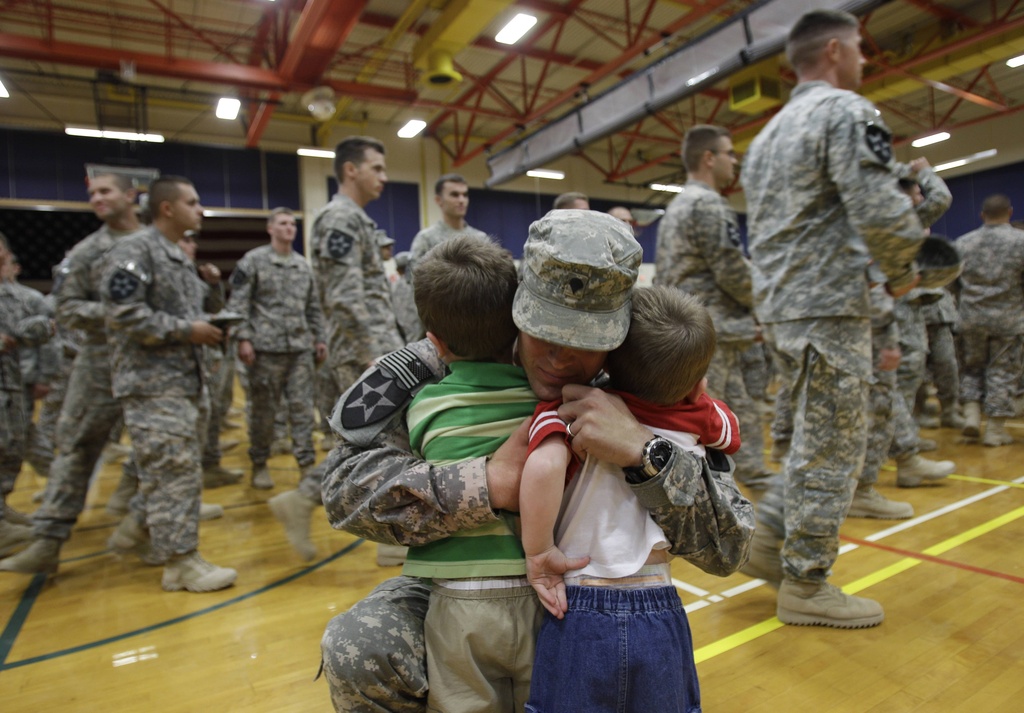
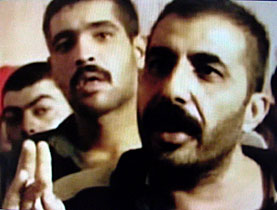
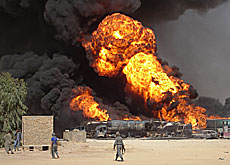
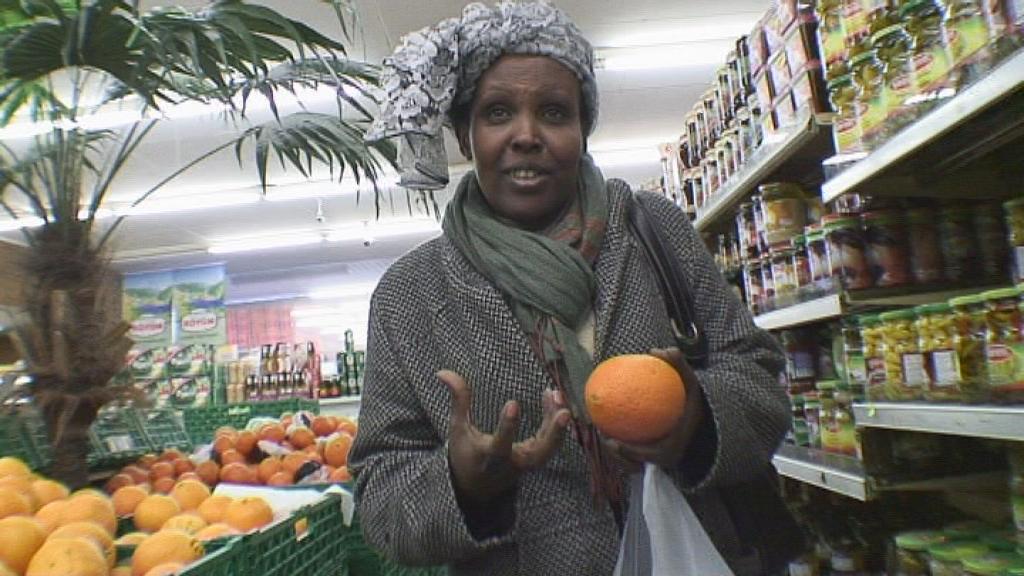
You can find an overview of ongoing debates with our journalists here . Please join us!
If you want to start a conversation about a topic raised in this article or want to report factual errors, email us at english@swissinfo.ch.